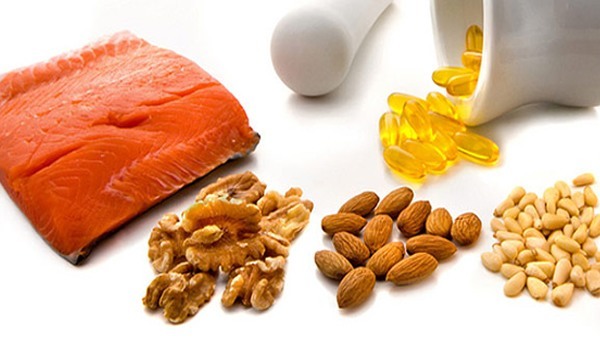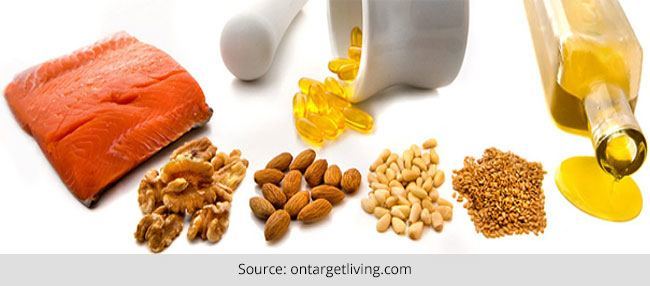
Most get-skinny diets just seem to eliminate fats altogether. Their mantra seems to be “All fatty foods are bad for you.” They urge you to eat salads and drink vegetable juices while avoiding fatty foods. Sounds like a good idea right? Except that it is not. Go ask any qualified nutritionists and they will tell you that good healthy fats are essential for healthy living. So forget about all those crash diets that are aimed at making you thin by starving your body and read this article to gain a deep understanding of how fat works, why we need fat, and what kind of fats are good for you.
The basic summary is that bad fats increase your risk of certain diseases and so should be avoided, whereas good fats provide essential fatty acids, are a major energy source, and keep are skin soft and pliable.
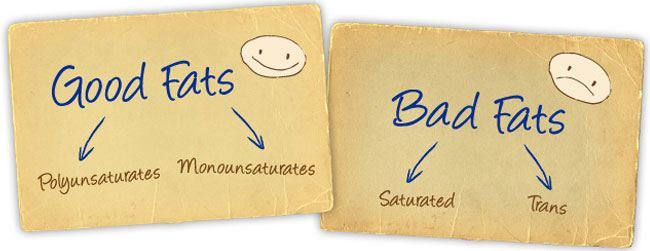
Source: theresekerr.com
What are Good Fats?
Monounsaturated and polyunsaturated fats are good fats. They are good for your heart and help keep your body healthy and performing at its optimal level. When you replace the bad unhealthy fats with good fats and consume them in moderation, they actually help reduce your risk of heart diseases and help lower cholesterol levels. Of course they are still fats and so should not be consumed in excess or you may find that your waistline expands to accommodate all the fat that your body’s consuming. So moderation is the key.
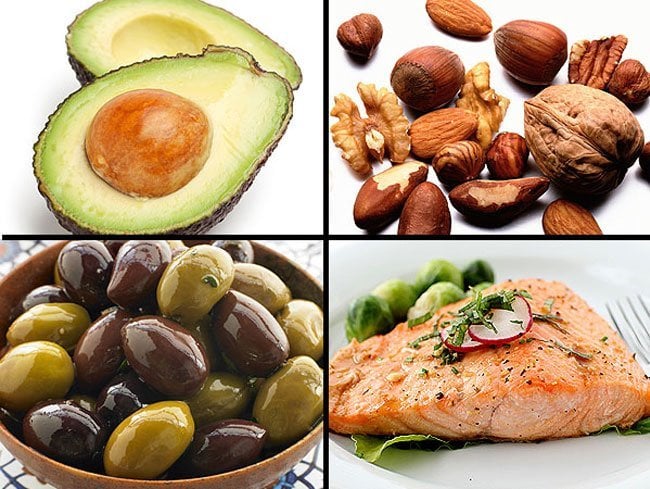
Source: timeinc.net
Monounsaturated Fats
Monounsaturated fats lower blood pressure, protect the arteries from cholesterol build-up, and help lower bad cholesterol while maintaining good cholesterol levels. Do you need any more reasons to include monounsaturated fats into your daily diet?
Sources: Olive oil, sunflower oil, peanut oil, canola oil, sesame oil, avocados, peanuts, macadamia nuts, almonds, pecans, cashews, and hazel nuts.
Polyunsaturated Fats
Polyunsaturated fats are engaged in lowering blood cholesterol and triglyceride levels. They also help build cell membranes, are crucial to blood clotting, muscle contraction and relaxation. Polyunsaturated fats are of two types—Omega-3 fatty acids and Omega-6 fatty acids.
Sources: Soymilk, tofu, corn oil, flaxseeds, sunflower seeds, sesame seeds, pumpkin seeds, walnuts, and fatty fish such as salmon, sardines, tuna, mackerel, and trout.
What are Bad Fats?
Saturated fats and Trans fats are grouped under bad fats. Although recent researches have started a debate as to whether saturated fats are as bad for you as it is being proclaimed, till concrete evidence is provided to the contrary, let us stick with the diagnosis that saturated fats are bad or undesirable fats. Bad fats trip up your cholesterol levels, block your arteries, and increase your risk of heart diseases.
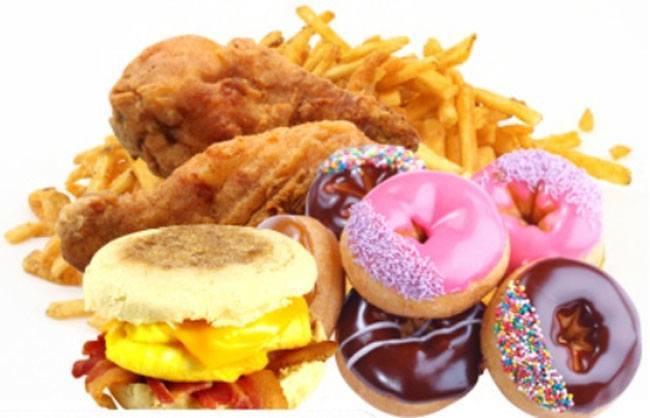
Source: healthy-holistic-living.com
Saturated Fats
Some saturated fats are actually not bad for you. For instance, extra virgin olive oil is a saturated fat that helps improve skin, hair, nutrient absorption, and acid reflux. Nevertheless most saturated fats are harmful in large quantities and hence you would do well to limit their intake.
Sources: Whole milk, butter, cheese, ice cream, high-fat cuts of meat, coconut oil, palm oil, and lard.
Trans Fats
While there is some ambiguity regarding the ill effects of saturated fats, when it comes to Trans fats, everybody is in agreement that they are bad for you. Trans fats increase your LDL cholesterol and reduce your beneficial HDL cholesterol. You should make a very concentrated effort to completely eliminate Trans fats from your diet.
Sources: Packaged snack foods, pastries, vegetable shortening, fried foods, and candies.
How to Include More Good Fats in Your Diet?
- Switch to olive oil; try to use olive oil instead of butter as much as possible
- Get rid of your unhealthy snacks and replace them with avocados, nuts, and olives
- Eat more fish and reduce your intake of red meat
- Always be aware of the ingredients of any food that you’re about to consume. Even seemingly healthy food choices like salads can be loaded with the wrong fats in the form of oils and sauces
- Cook your own food as much as possible. This will help you keep better track of your calories and also help you achieve a well balanced diet, since you will be aware of every ingredient being used
- Avoid canned foods. Canned foods are invariably loaded with bad fats, so avoid them and opt for natural organic produce as much as you can
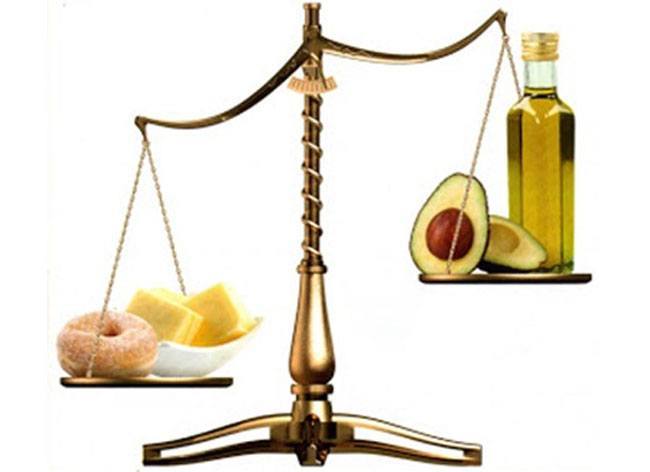
Source: fiterature.com
- Being aware of what you put in your body is the first step towards healthier living. So the next time you eat, try to figure out the ingredients that went into making the dish and see how many of them are actually good for you and how many are potential harmful. Fats are good for you as long as you know how much to use and what kind to pick. Bad fats are available in abundance in many of our foods, but the good fats need to be searched for and be incorporated into your diet. So the question is: are you willing to make the effort to switch from bad to good for a healthier living?
